Last May I was watching safariLIVE from Alaska, a world away from the African wilderness. I sat, eyes glued to my screen, along with so many other viewers around the world and felt wave after wave of sympathy at the sight of Fang, the beloved elephant, in distress. The herd matriarch showed clear signs of discomfort and it became clear that she was experiencing something akin to a miscarriage. From my spot on the couch I could not help but feel for the elephant, wishing something could be done to ease her pain and it felt unnatural for Tristan, the guide who found her, to be present to her suffering, but unable to help in any way.
The next day a bird unceremoniously flew into my window, causing me to leap from my chair in shock. I watched as the bird lay there, looking as if it were on death’s door. When I walked towards the tiny creature it clearly became more distressed. I thought the kind thing to do would be to comfort it or even to kill it, ending its suffering. I couldn’t bring myself to do either. So, like Tristan the day before, I watched from a distance. The bird, merely stunned, recovered and just as unceremoniously, flew away.
The two situations, occurring so closely to one another in time, if not in space, caused me to reflect. When dealing with vulnerable beings there is the desire to take care of them and if we encounter something that is hurt or suffering, we must help. Simply doing nothing is a sign of selfishness or weakness. In other words: good people help and bad people walk away. But this mindset hinges on one horrific misconception: that wild animals are innately vulnerable and need our help.
It also begs one to consider that when coming to the aid of creatures are we helping or are we fulfilling a societally instilled drive to do something, to play the hero in the unfolding drama? It is easy to feel that as individuals and as a species we know better than wild animals and can single handedly save them from an unforgiving wilderness. But animals are the experts of their own worlds and doing nothing may not be a sign of a depraved mind, but merely of one that respects the reliance of wild animals.
This mentality was reinforced again with the reemergence of Fang. Months later the elephant was found, still with her herd, and thriving. Contrary to my initial reactions to the suffering animals, neither the stunned bird nor Fang were lacking in the necessary coping mechanisms to deal with their respective traumas- it was my knowledge of the resilience of animals that was lacking. This is precisely why it is necessary to learn the art of restraint.
The Dark Side of Restraint: Postscript
In the beginning of the month WE were able to celebrate the return of Fang and the resilience of wild animals. This week we witnessed a much more morose ending to what was a similar situation and it would be disingenuous to ignore it. In the course of a safari, we encountered a wild dog in distress, much like we found Fang. The dog had a very apparent leg injury and was alone. It was unclear whether the wound would be indirectly fatal or if it would be able to rejoin its pack. Again, we were forced to just watch from a distance. In this instance, we were able to keep tabs on him and in doing so saw the endangered species’ well-being decline and ultimately die, not from predation, but from a combination of his injuries, starvation and dehydration.
We were not rewarded for our restraint. In this case there were no coping mechanisms innate to this dog that could save him. It would have been tempting to intervene, (and I’m sure many could make a case as to why someone could have) but nevertheless doing so would be to insert our own priorities into this wilderness and acting under the assumption that as a species we know what’s best. Admittedly, the concept of human interaction and intervention in an area that is supposed to be liberated from human presence is a very amorphous one and it seems counterintuitive to ‘let nature take its course’ when the outcome may be tragic. But herein lies the crux of the art of restraint – it is perhaps the most necessary when it is the most difficult to realise.

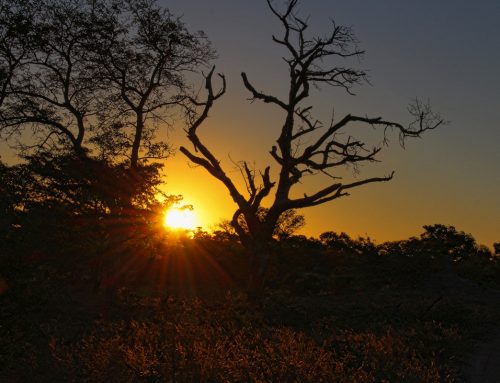
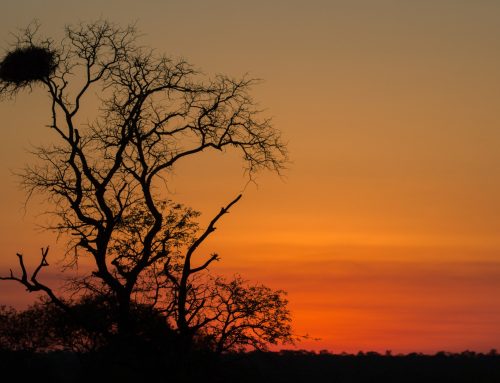
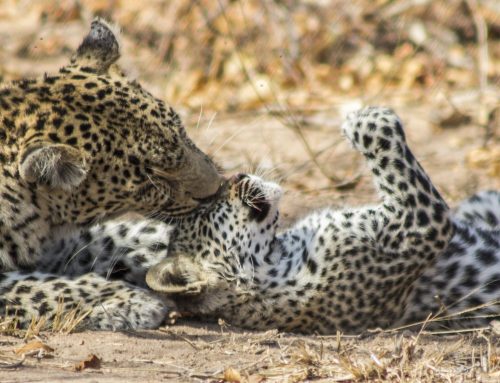
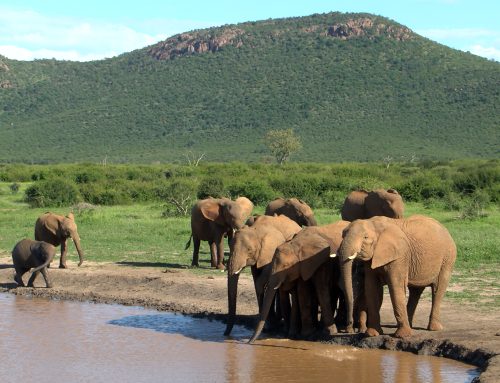
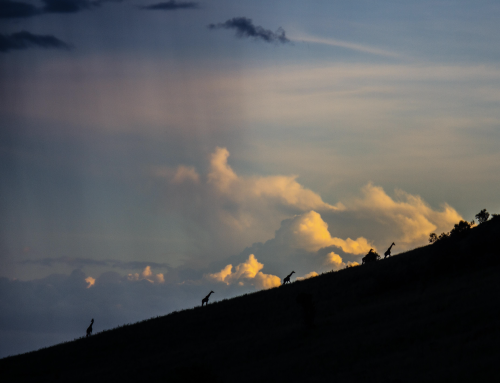
You (WE) were indeed rewarded for your restraint, by the knowledge that you did the right thing. Sometimes, these decisions may be even more difficult. Nearly always, when making decisions about stewardship, we must consider species ahead of individuals. The guidelines under which WE operates recognize and honor this approach, which often requires disturbing restraint, because it’s correct. I applaud WE’s respect for science, one reason I’ve been a fan since the Peter & Nick days of 2007.
Welcome, Ashley!